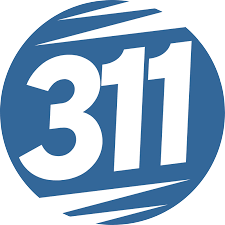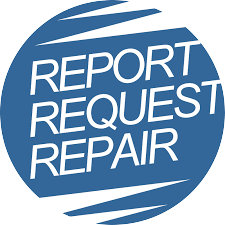The global litter data science company Litterati recently selected the cities of Hayward, CA, Memphis, TN and Norfolk, VA to participate in the new City Fingerprint Project. To date, Litterati has offered cities the Analyze product as part of the Litterati platform. Analyze allows cities to take a data science approach using Litterati machine learning applied to photos of litter to develop a baseline of litter composition (material, object and brand) throughout a certain section of the city such as commercial corridors or illegal dumping hotspots. This information provides government partners with a single evaluation of the who, what, where and when data on litter so that cities can better develop strategies to prevent litter.
The City Fingerprint Project expands on the Analyze platform by expanding the locations of the baseline to cover more geographic research areas than is currently covered in the existing Analyze scope. The City Fingerprint Project also expands the research through four evaluation periods in each city to monitor changing conditions as well as determine which litter prevention interventions are working and what aren’t. The third expansion is that through the consistency of working with the three cities over a determined period, Litterati will better understand how to do comparative analysis of data from different cities to identify macro littering trends, patterns and insights across multiple cities.
“You can’t solve a problem without first understanding it,” explained Litterati Founder and CEO Jeff Kirschner. “These cities are taking the first step to getting to the root of their litter problem.”
Litterati is very excited to be working with the City of Memphis Public Works Department after forging great partnerships with Memphis nonprofits CleanMemphis and Memphis Transformed. Memphis has experienced increased illegal dumping, especially during the pandemic, and the Litterati platform can inform what actions can be taken to prevent illegal dumping in the future.
“Combatting litter is a constant struggle in just about every city across the country,” Memphis Mayor Jim Strickland said. “Since I’ve been mayor, everything we do in City of Memphis government, from filling potholes to answering 911 calls, is based off data. Now, thanks to Litterati, the way we address litter will be no different.”
All three cities have great dedication to using data to make their city smarter and a better place to live and work for their residents and business community. Litterati kicked off the project with each city this November and will continue to work with each city for the entire year to conduct four litter monitoring periods and leave each city with a final report on their litter composition and evaluation of effective prevention strategies. Litterati plans to use these learnings internally to improve the Analyze product and continue the mission to create a litter-free world one city at a time.

